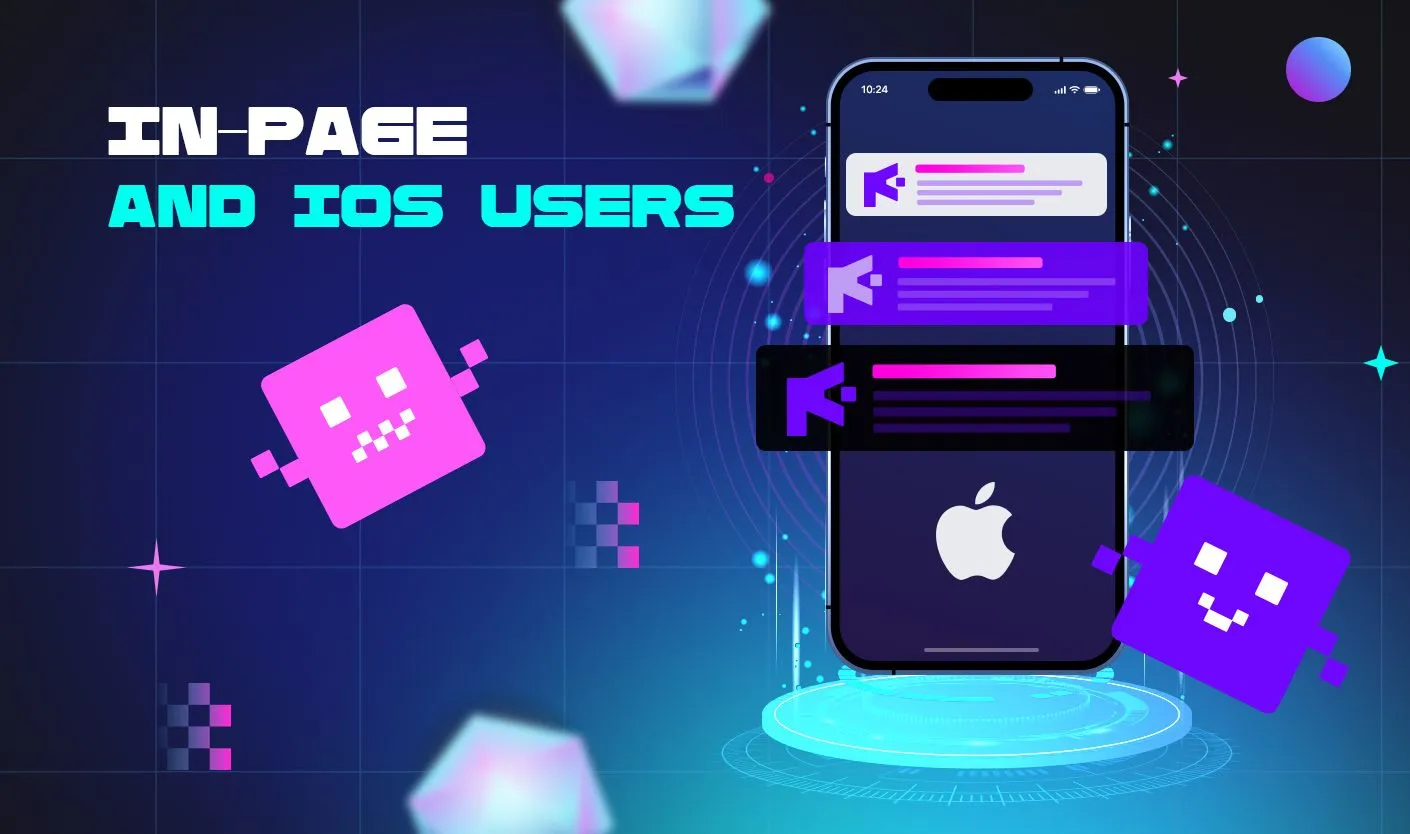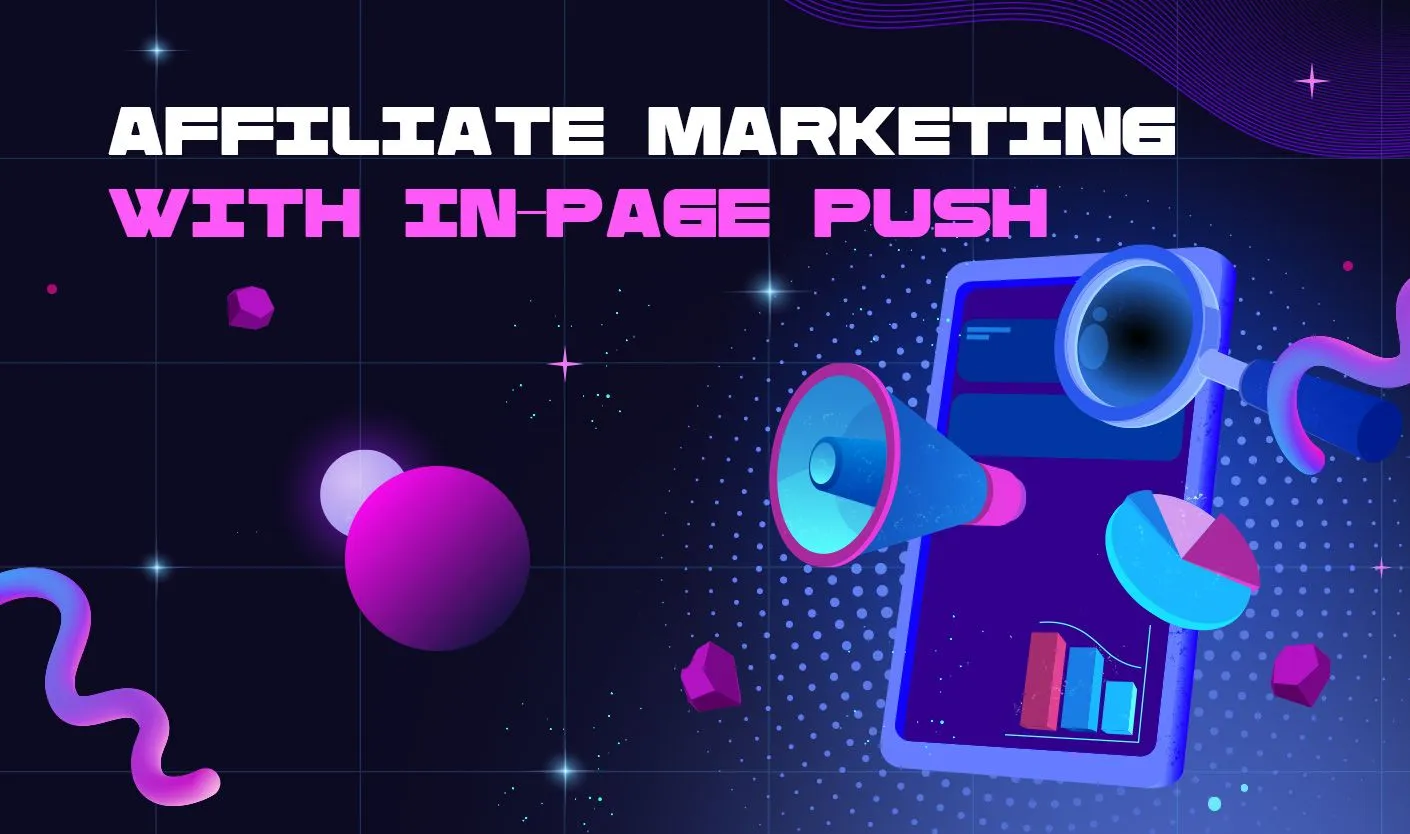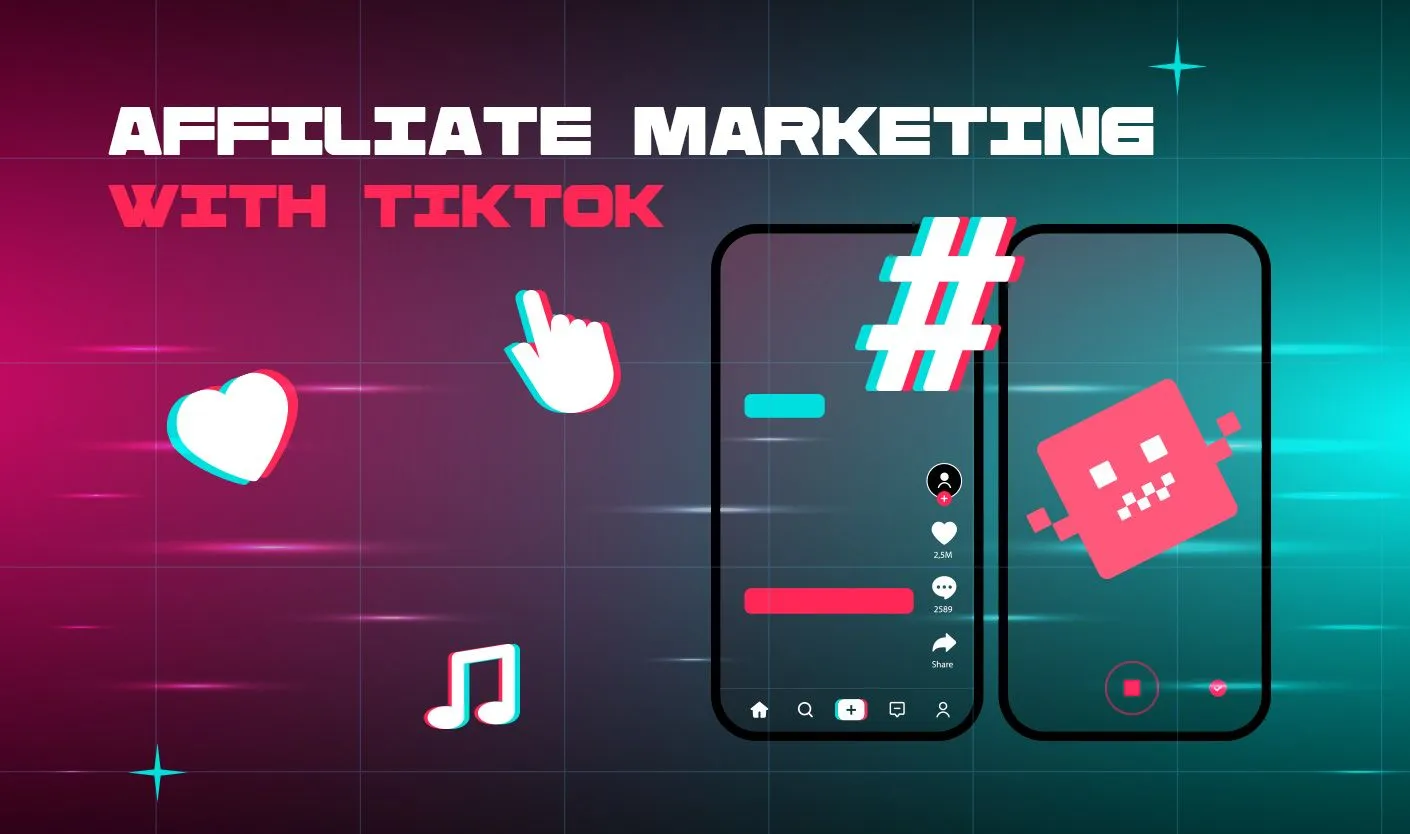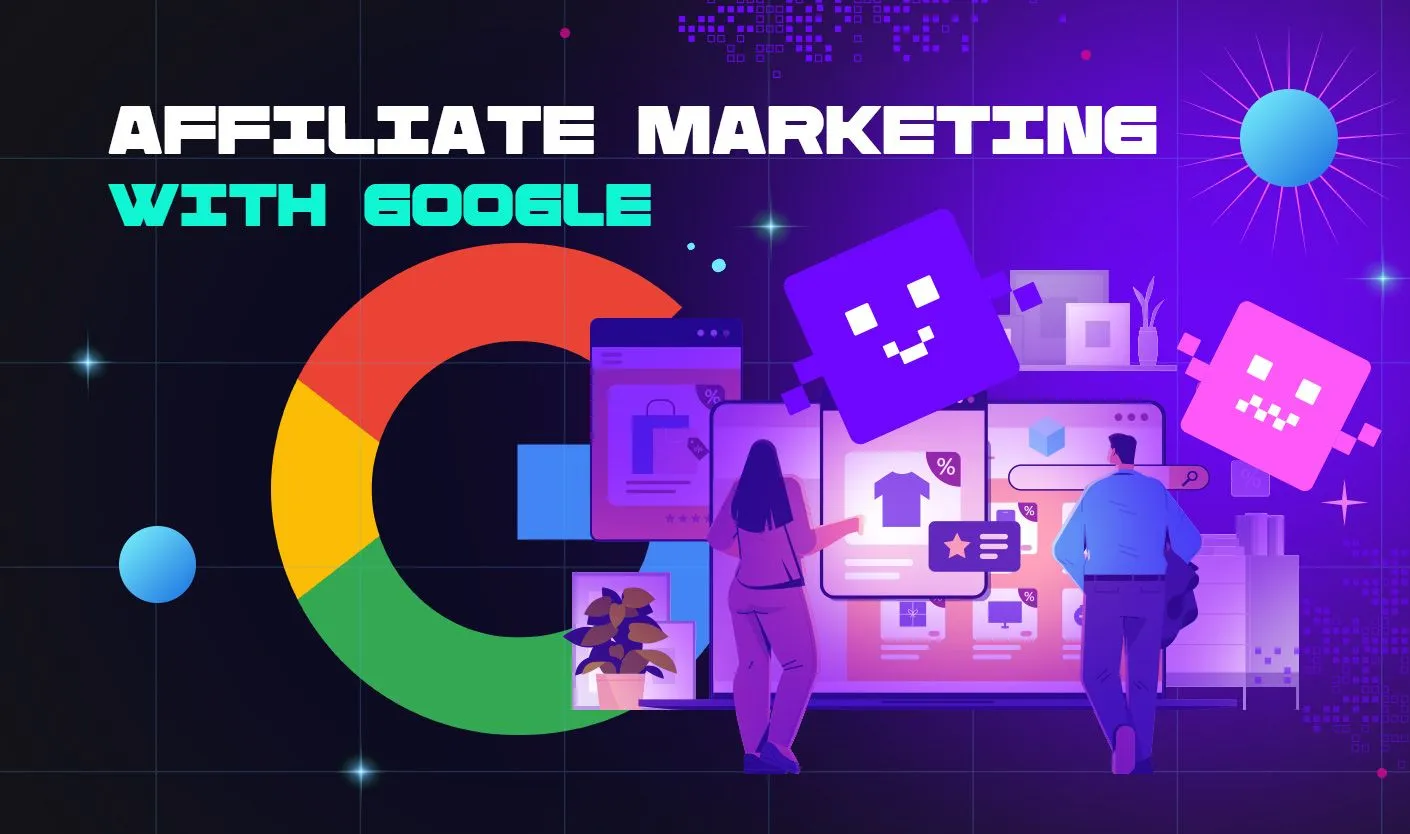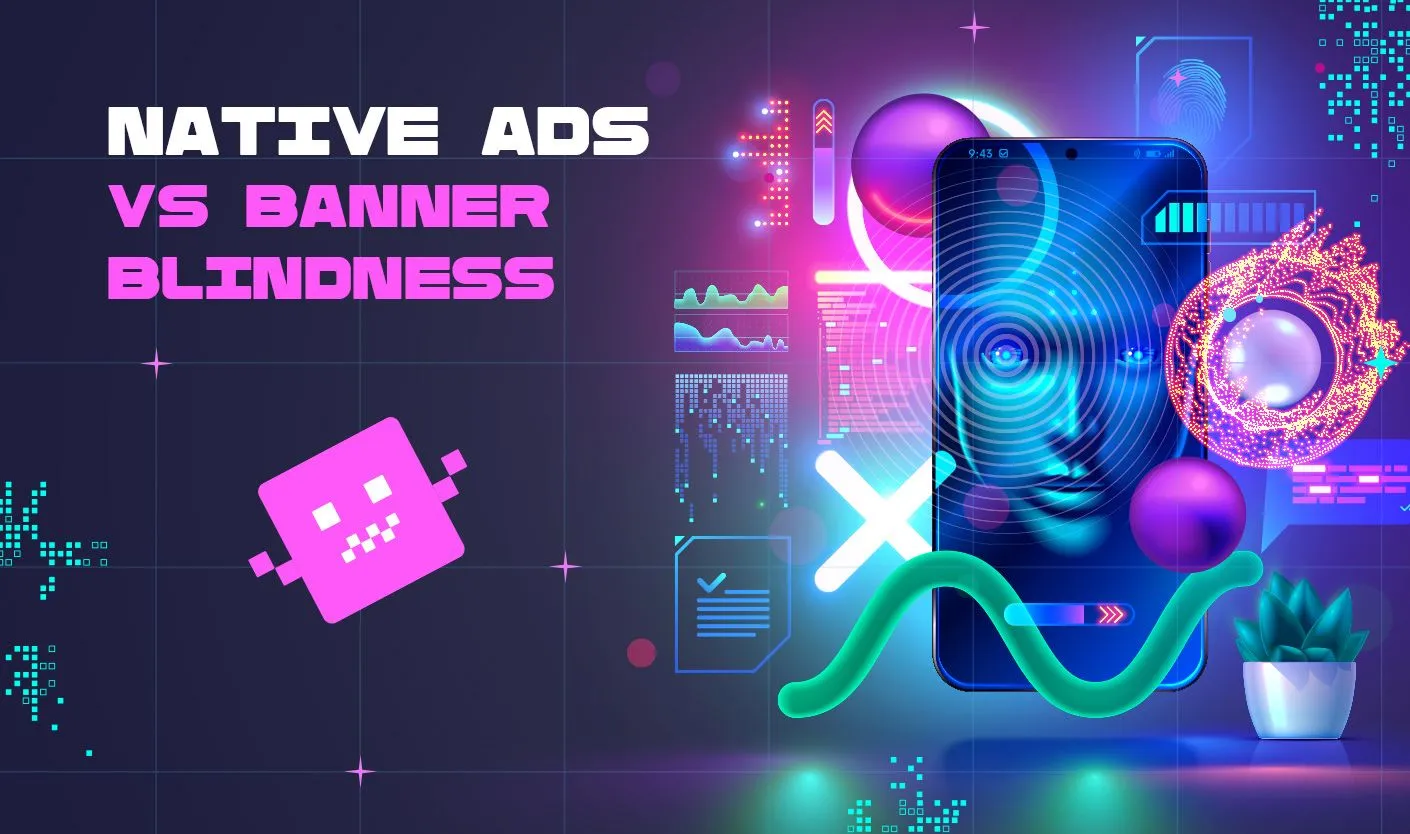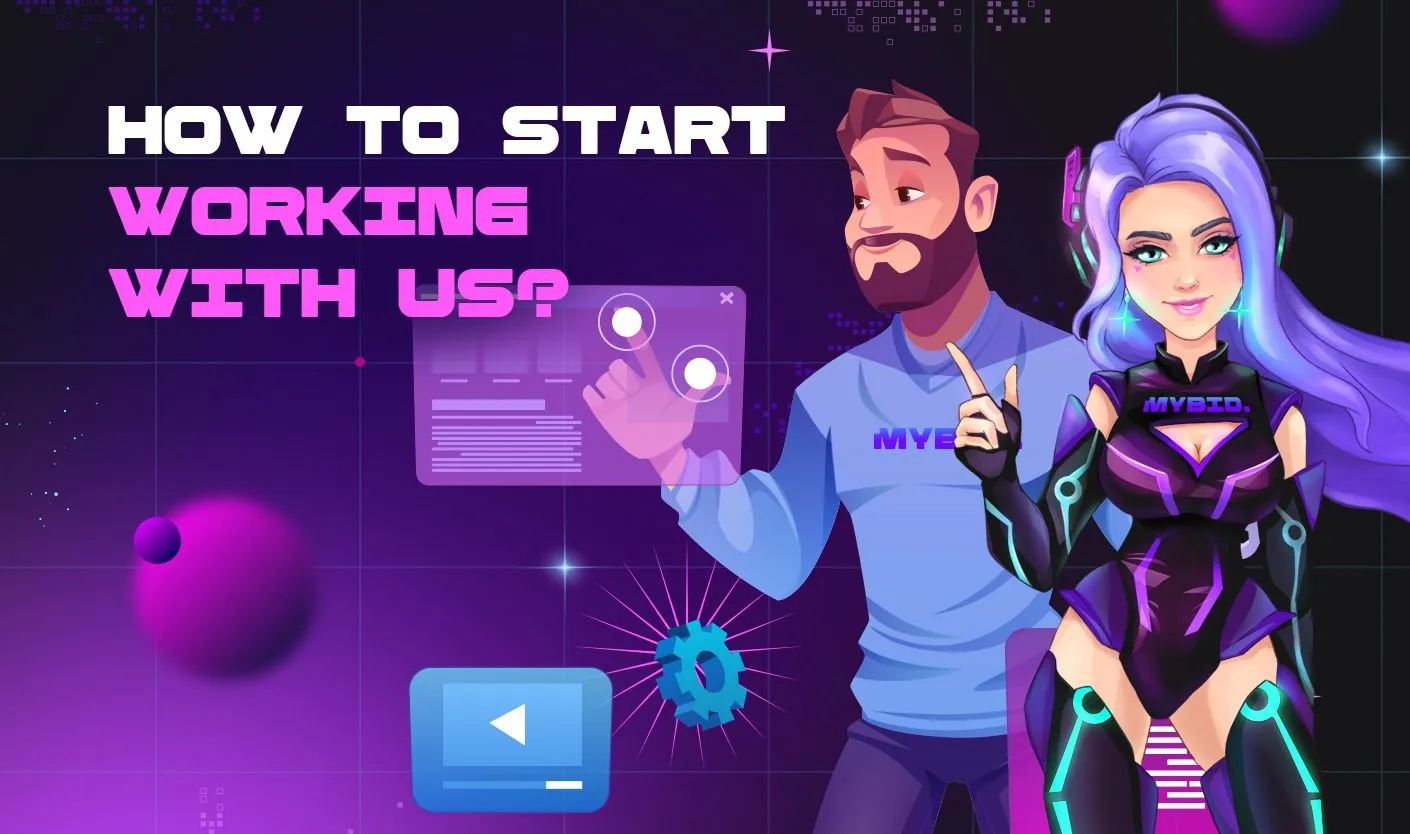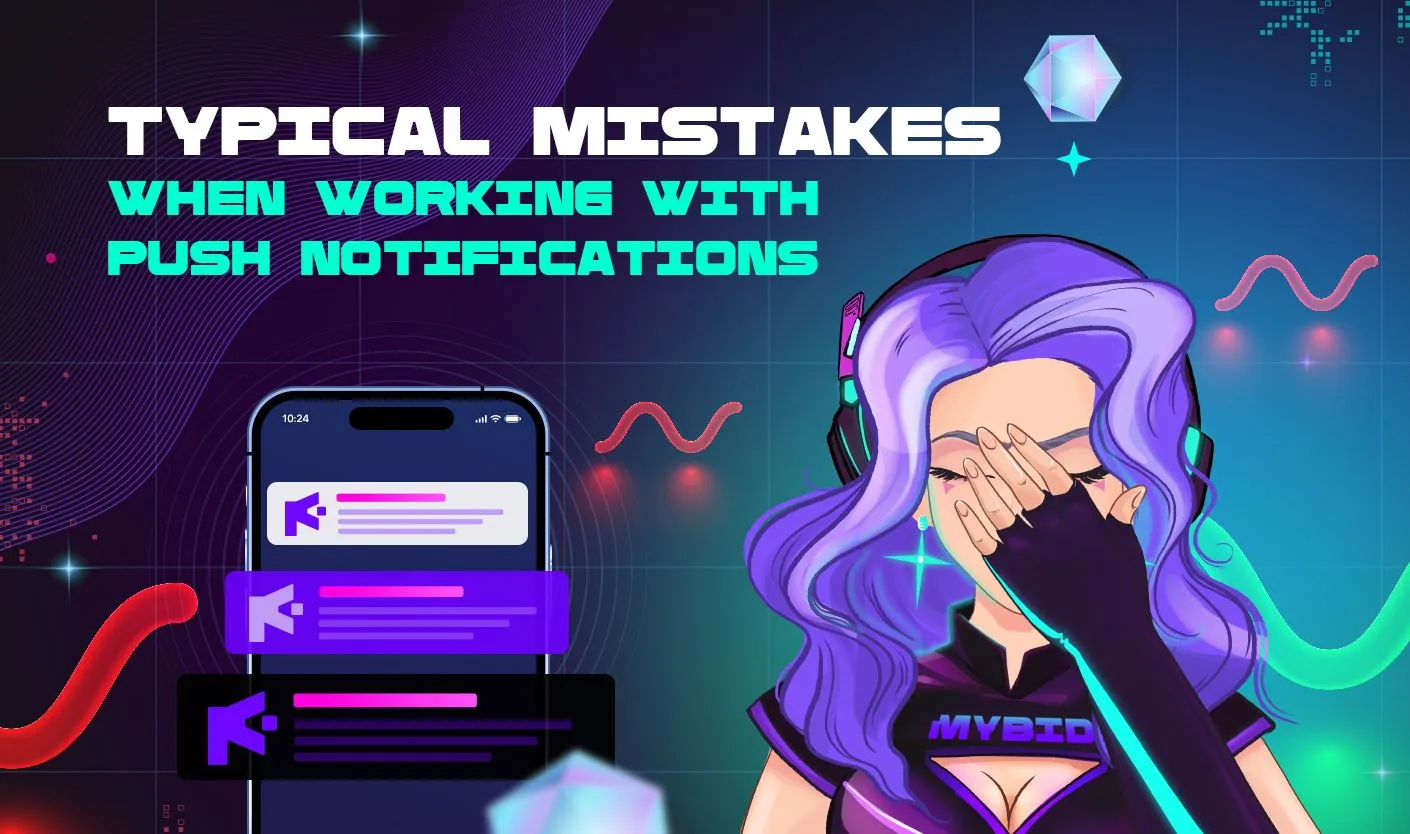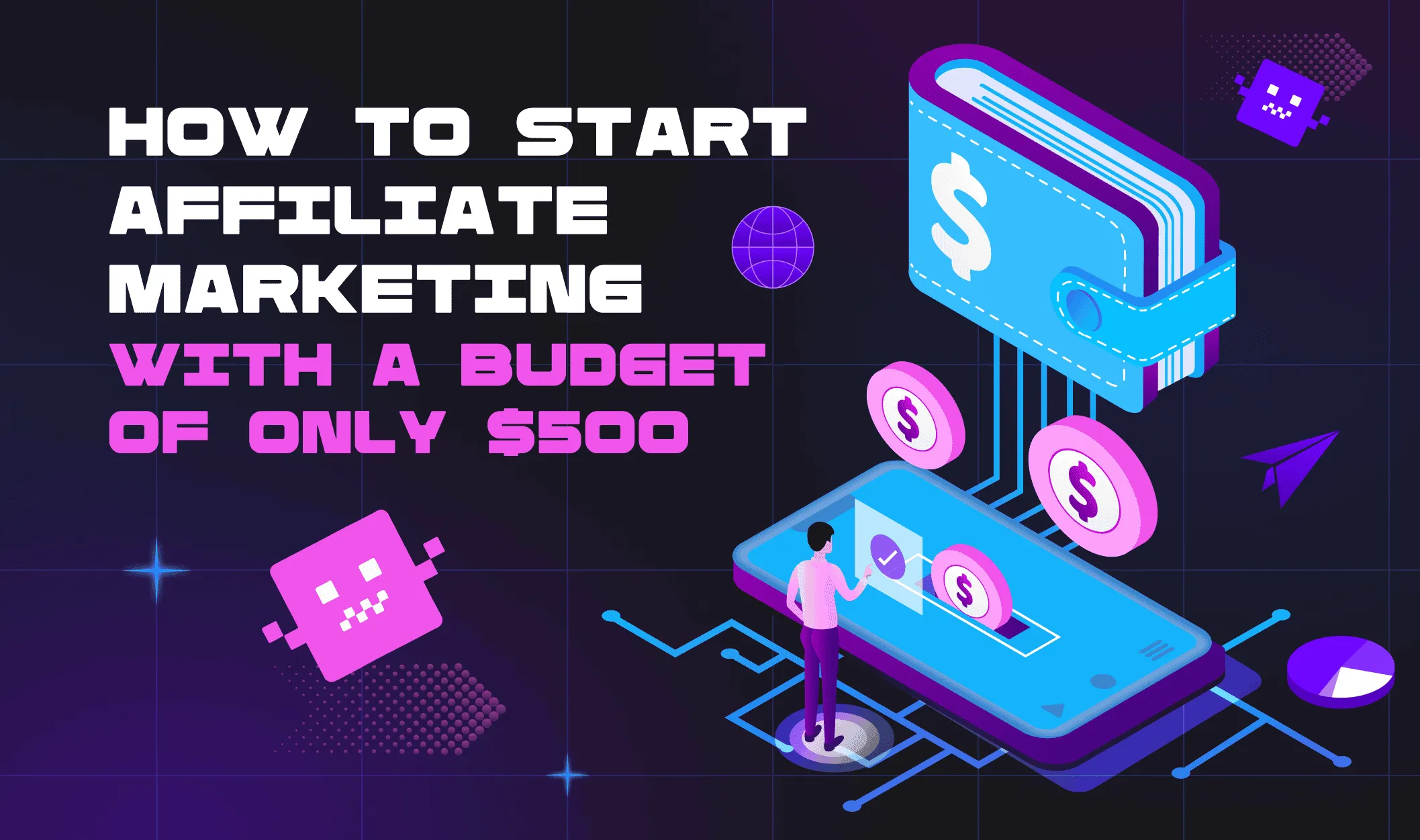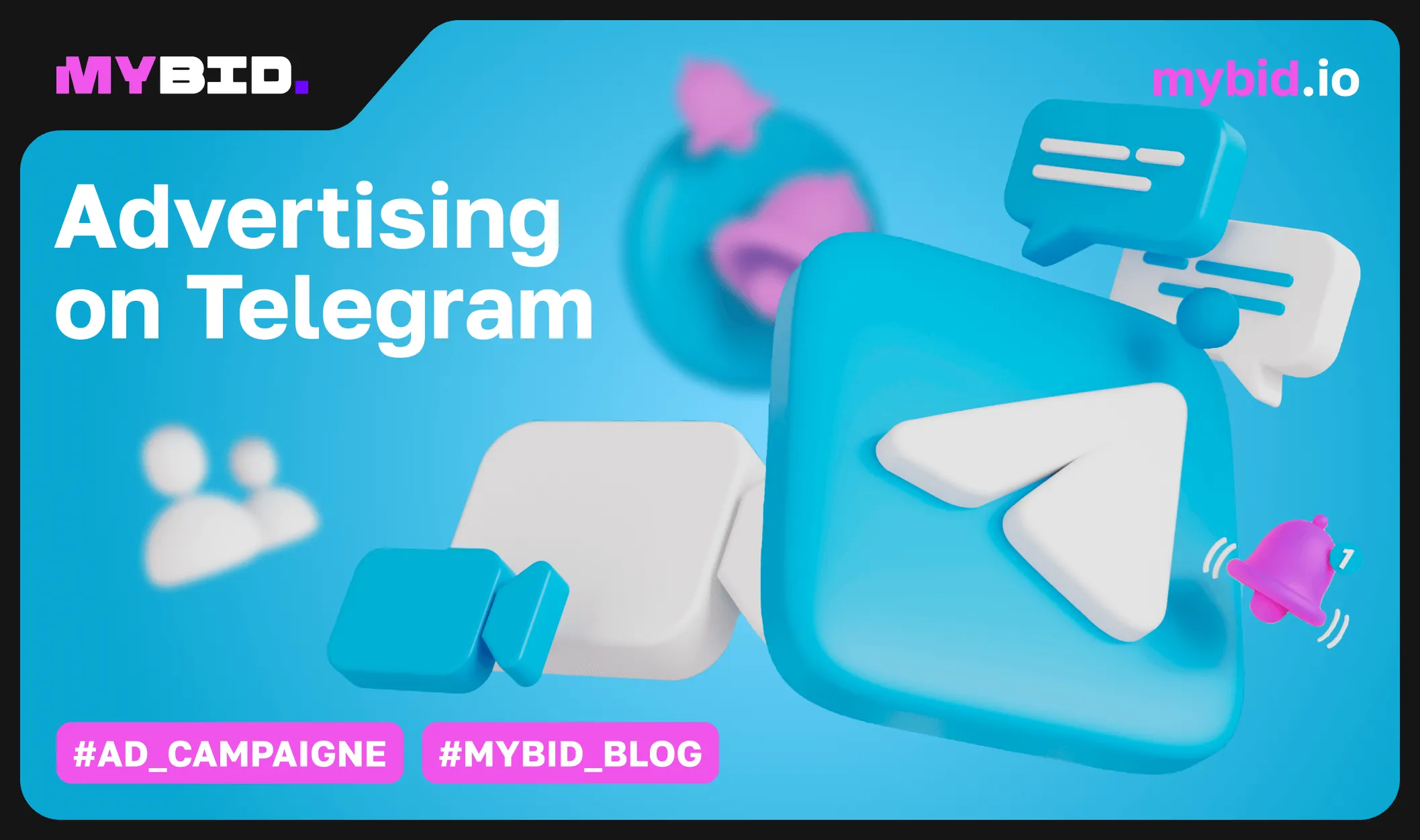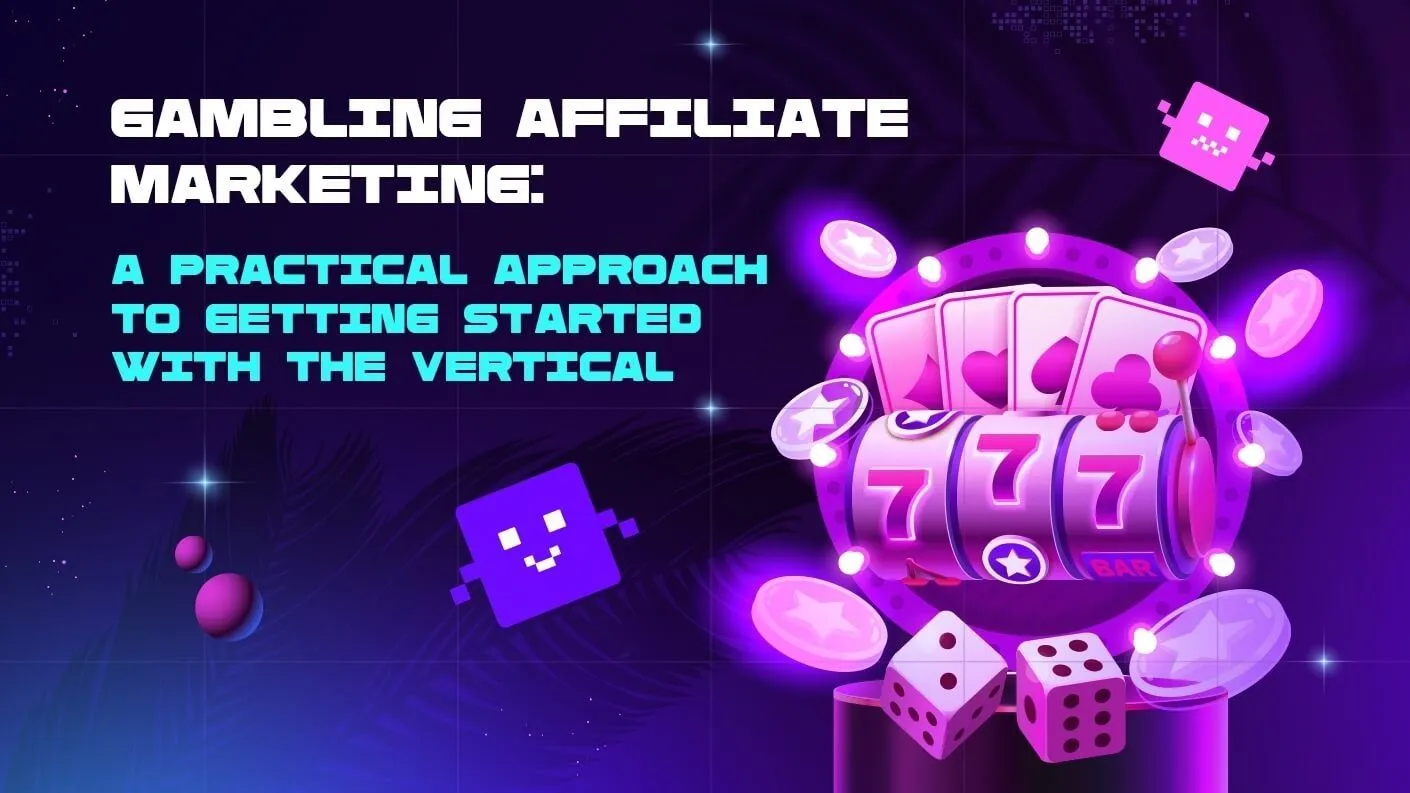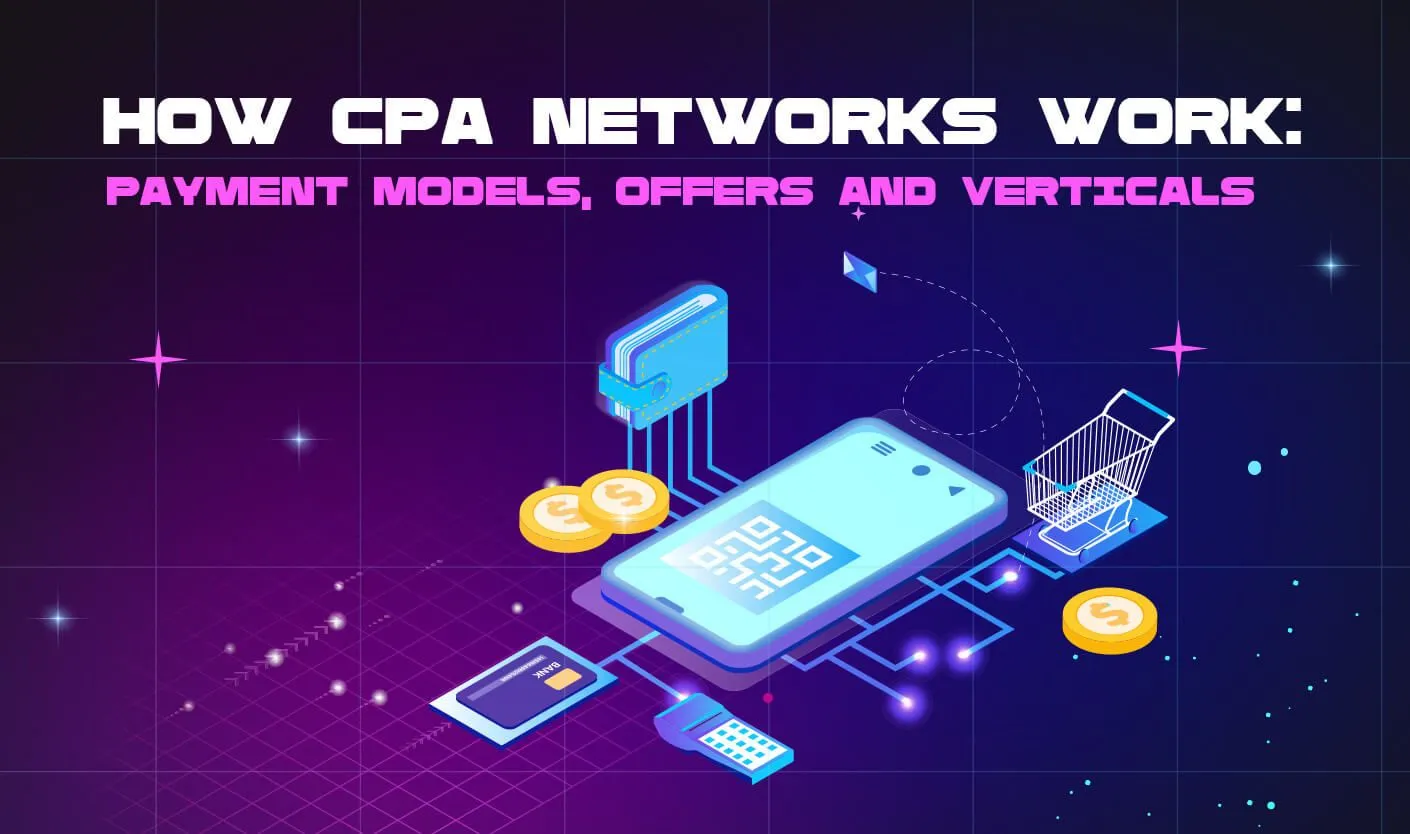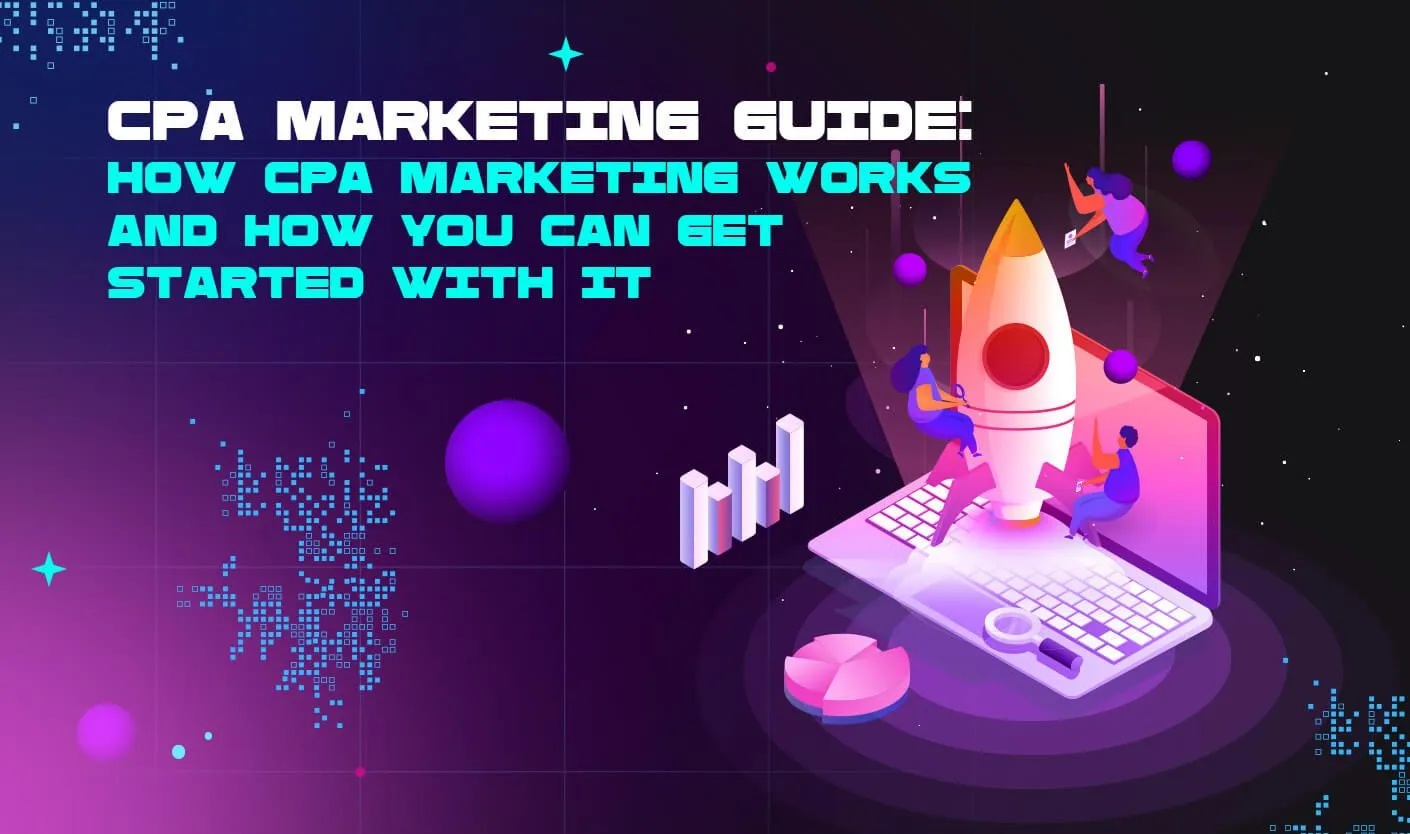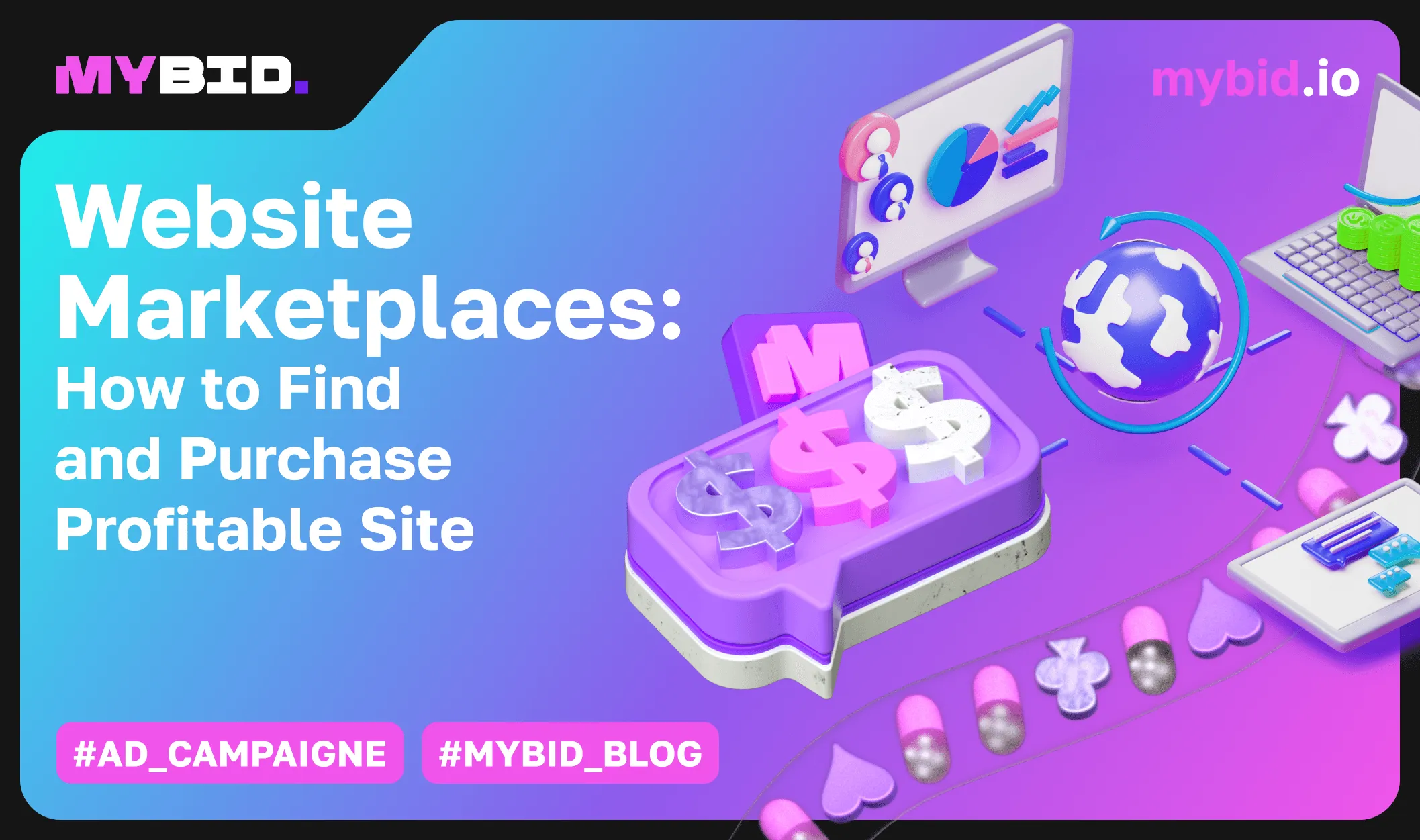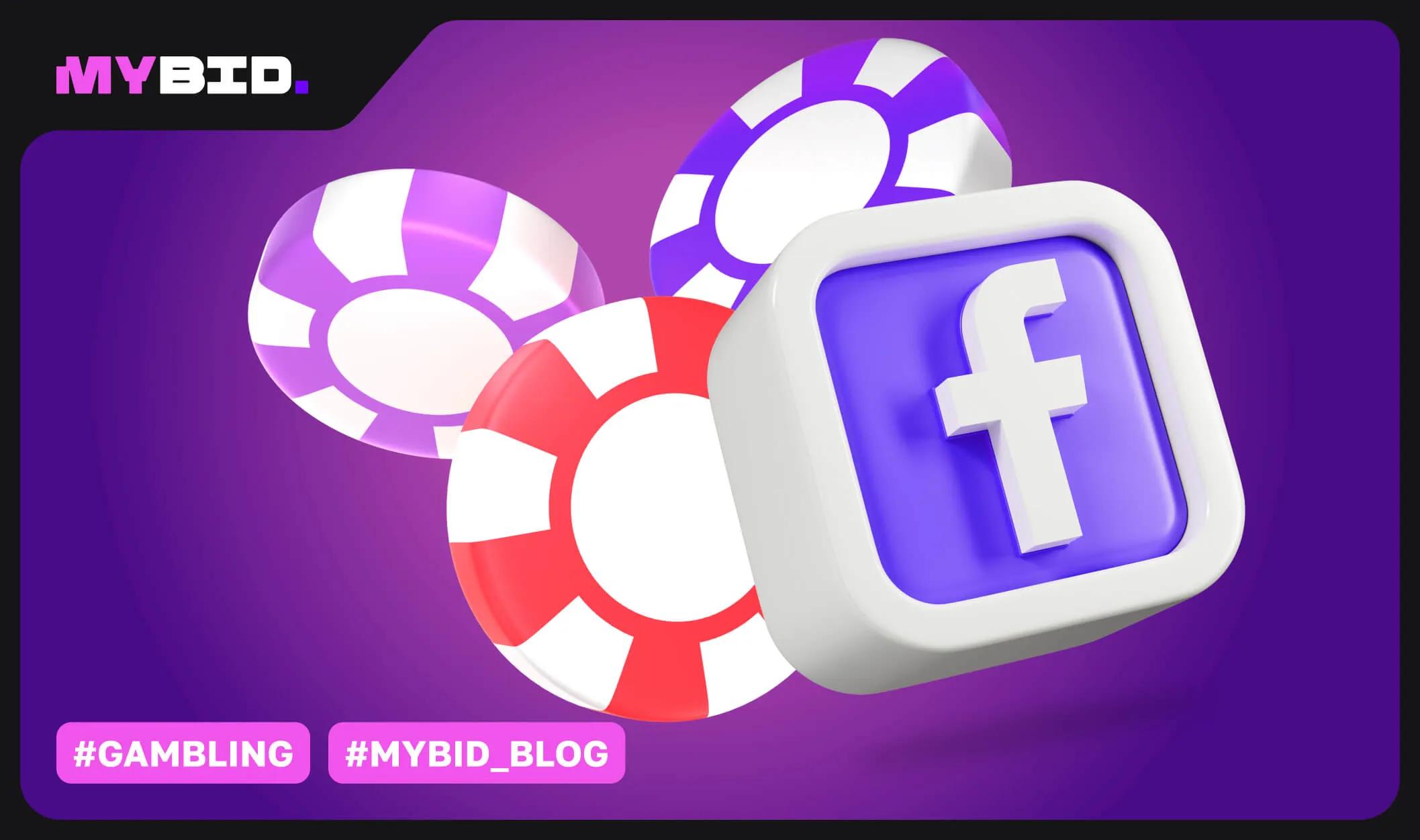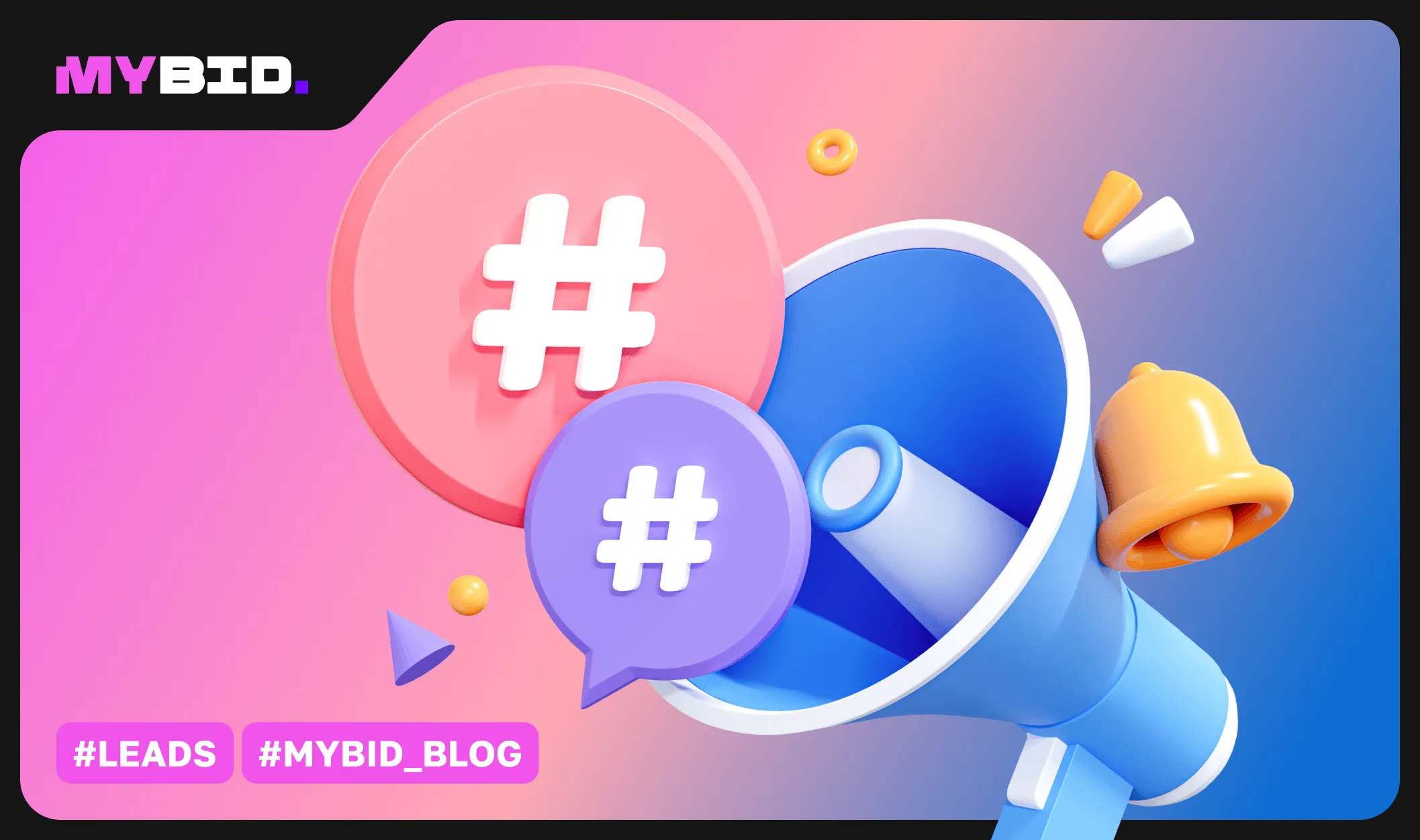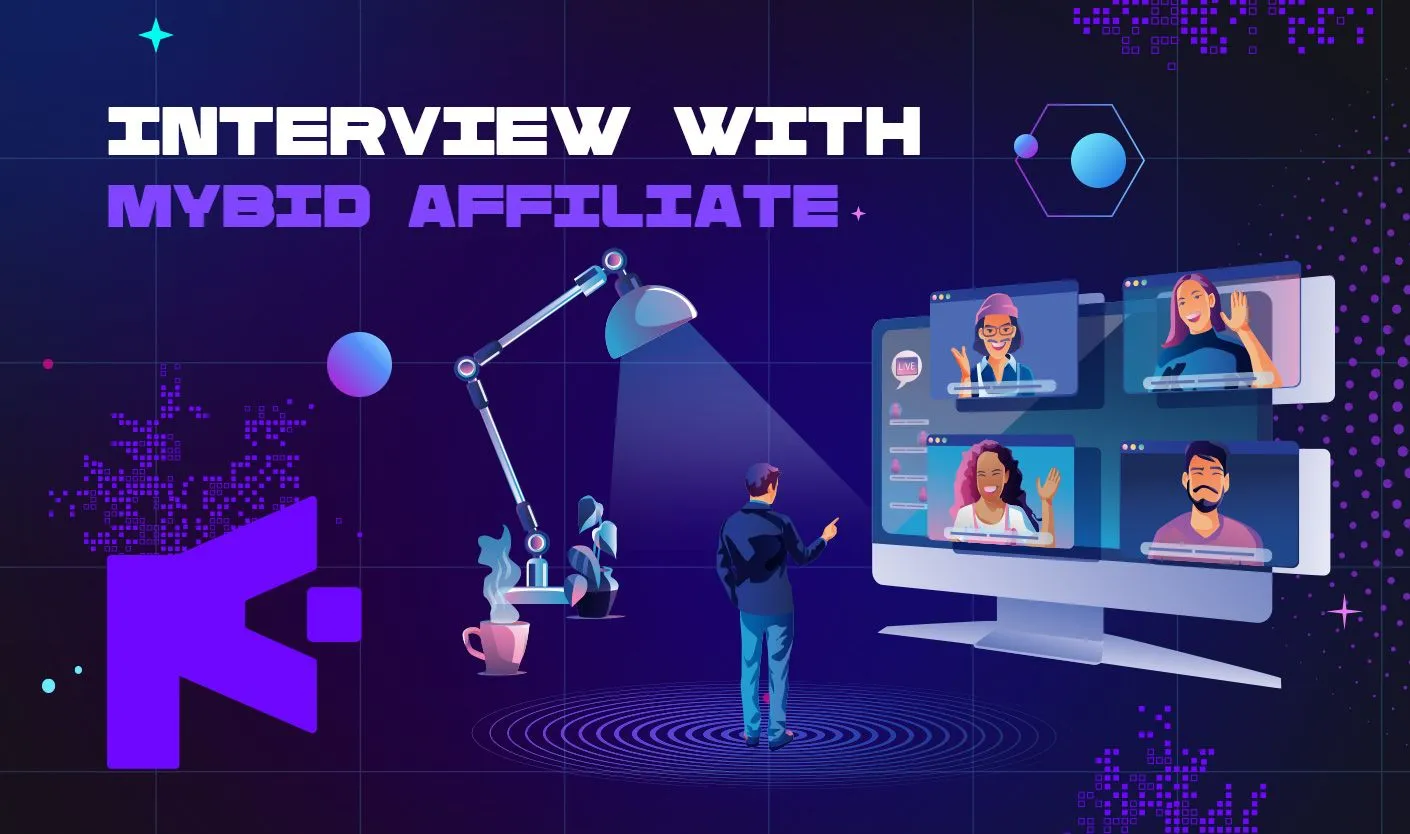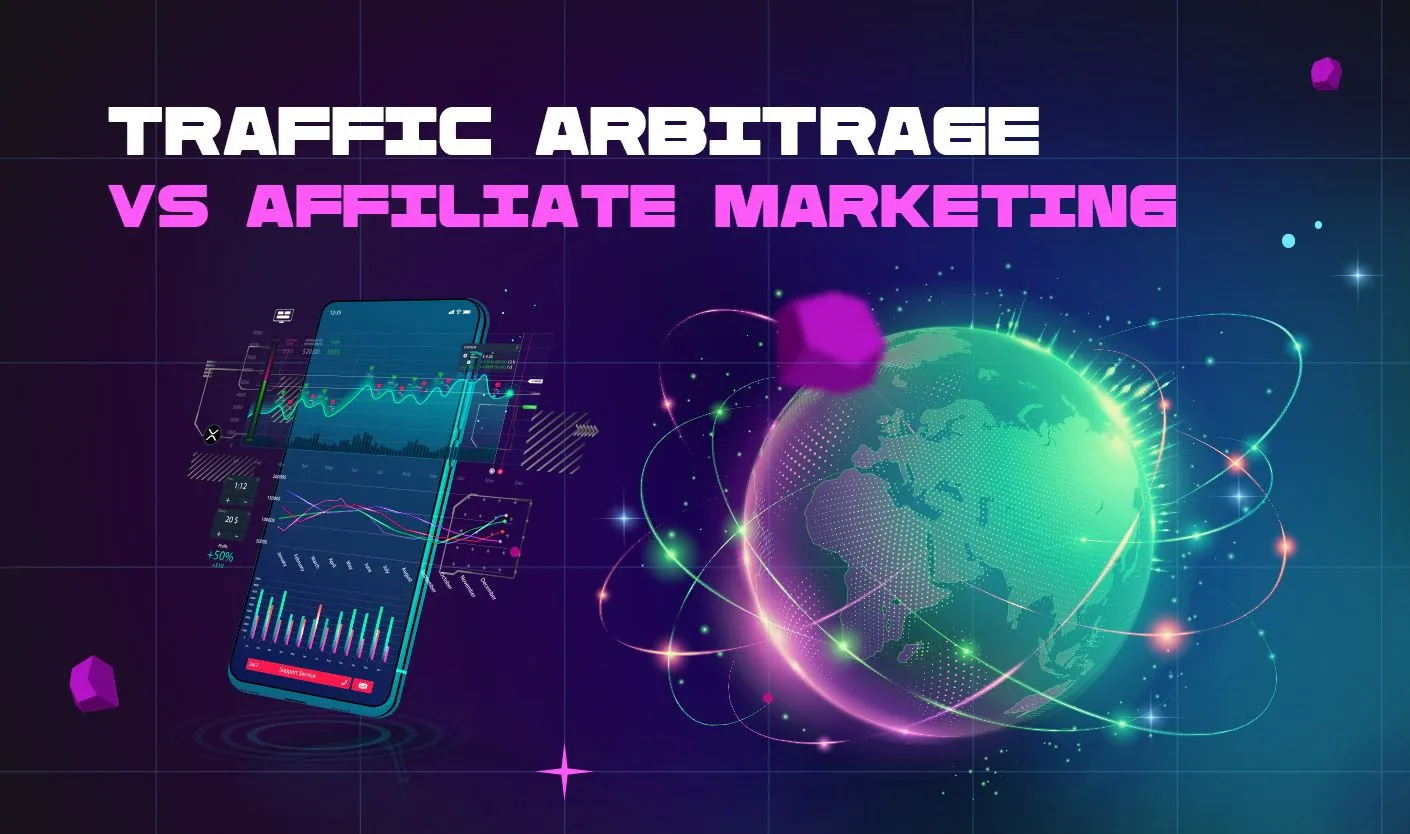Online courses can be beneficial and provide valuable knowledge, while online course scams are deceptive and harmful. So, what sets the two apart? How can you create an online course and attract traffic to it? What distinguishes legitimate online course providers from scammers and fake gurus? And why is creating an online course from scratch more challenging yet more profitable than being a fake guru? In this article, we will answer all of these questions and provide a comprehensive understanding of the topic.
Legitimate Online Courses vs. Online Course Scams – Differences and Origins
The concept of online courses emerged in the 1960s and has since established itself as a recognized form of education. Legitimate online courses involve the exchange of knowledge, experience, and valuable information. The individuals who offer these courses are commonly referred to as coaches, trainers, or online course providers/ sellers.
On the other hand, online course scams involve the trade of information that lacks practical value or authenticity. These scams are perpetrated by individuals known as scammers or fake gurus. Their primary objective is to deceive people and make as much money as possible by selling empty or false information.

Differentiating between scammers and legitimate online course sellers can sometimes be difficult, but it is crucial to understand the distinction between them. The key factor that sets them apart is the value of the knowledge they provide. Legitimate online course sellers aim to offer valuable information that benefits their audience while also generating revenue. On the other hand, scammers or fake gurus have the sole intention of profiting from their audience by selling deceptive or worthless information.
Unfortunately, the lack of clear distinctions and the confusion surrounding these terms often pose challenges for legitimate online courses in gaining recognition. However, it is important to note that distinguishing between the two is relatively straightforward. Online course scams primarily focus on exploiting the audience for financial gain, whereas legitimate online courses prioritize providing genuine value and benefiting the learners. The difference lies in their approach to their work and how they treat people.
Courses, training programs, books – and all products offered by online courses and training programs
To sell legitimate online courses, you need to have a target audience and a product. The product can take different forms. In the section below we have grouped them from the largest to the smallest:
- Courses, webinars, and conferences: These offer full learning experiences that cover a wide range of topics and require a lot of time to prepare and commitment from the customers to learn.
- Masterclasses and training sessions: These are more focused and specialized, providing in-depth instruction on a specific subject or skill.
- Books, audiobooks, video tutorials, and podcasts: These formats allow learners to access information in a more passive way, such as through reading, listening, or watching. They provide a convenient and flexible way for individuals to acquire knowledge.
- Manuals, checklists, instructions, and mind maps: These resources are shorter and provide practical guidance or visual aids to help learners grasp specific concepts or tasks.
The following are some of the common types of products offered by online course providers, listed from larger to smaller:
- Course: A comprehensive training program consisting of multiple lessons. Completion of the program may result in a training certificate.
- Webinars and conferences: These are online or offline events featuring a speaker. Webinars can be part of a training program or stand-alone products. Conferences often attract professionals and may have different formats, including virtual and in-person events, catering to individuals, organizations, and teams.
- Masterclass: A practical lesson focused on a specific topic where the instructor teaches students hands-on skills. For example, a pastry master class can teach participants how to create cakes and desserts.
- Training: An active learning experience that involves teaching practical, psychological, or verbal skills. Training sessions are interactive and combine theory with real-time practice. They can be conducted online or offline, in groups or individually, and cover areas such as personal growth or psychotherapy.

- Book: A printed publication that shares professional experiences and knowledge. Online course providers often publish books, which can be sold through personal blogs, online stores, or given away as bonus material at conferences.
- Audiobook: A format where the expertise of an expert is narrated in audio form.
- Video tutorial: Training in video format, valued for its clarity and convenience. Selling video lessons is a profitable strategy for monetizing expertise, as the recorded video can be sold multiple times.
- Podcast: A video or audio broadcast that is often distributed for free. Podcasts are used by online course providers to enhance their reputation and visibility, featuring discussions with entrepreneurs, experts, bloggers, and celebrities.
- Manual: A mini-book containing instructions on how to perform specific tasks or work. Manuals cover a wide range of topics and are commonly used within university departments for coursework guidelines.
- Checklist: A list or diagram that serves as a guide or reminder. While less frequently sold, checklists are used to increase recognition and audience loyalty. They are relatively easy to create compared to organizing conferences, webinars, or podcasts.
- Instructions: Detailed step-by-step guides that explain how to achieve a particular outcome or perform specific actions.
- Mind Map: A visual diagram that organizes information and displays logical connections between elements. Mind maps are often distributed for free or used as a free lead magnet.
All of these products serve as tools for promoting online courses and engaging with the audience.
Are personal development courses another form of online scams?
Now let's look at the categories of information products. Within the online course business, some types of courses are truly valuable and helpful. However, not all courses on popular topics are scams designed to deceive people and make money from them.
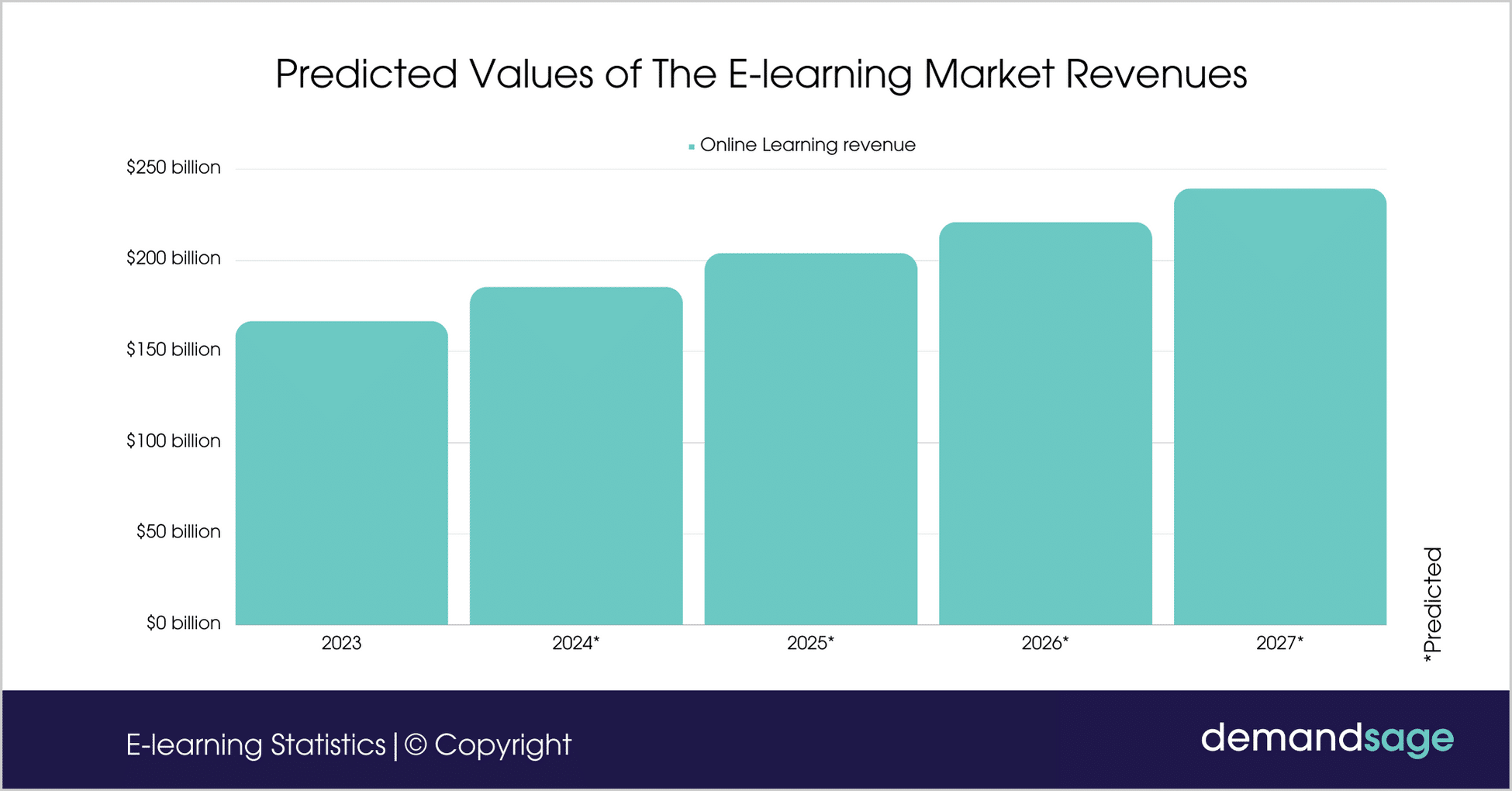
When it comes to online courses, topics related to personal development, earning money, and career growth are always in demand. For example, personal development training focuses on improving inner qualities and developing soft skills like communication, self-confidence, and self-esteem.
So, how can you tell the difference between a scam course and a legitimate one? Well, scam courses often make exaggerated promises, offer no real benefits, and provide no guarantees of results. They use flashy banners that catch your attention and promise huge amounts of money or other extravagant rewards. But in reality, the only person who benefits from these courses is the one who created them.
Scammers are focused on making quick and easy money. They don't care much about the quality of the course materials or building a loyal audience. They understand that every new purchase will make them richer, so they prioritize their financial gain.

However, it's important to note that many people do take online courses with the intention of making a profit. The key is to find a balance between providing value and seeking profit. Legitimate online courses go beyond giving abstract advice and actually provide practical instructions and guidance with real-life examples.
For instance, in a legitimate online course on job searching and career growth, you might have the opportunity to learn from an experienced headhunter who can give you advice on how to excel in job interviews or negotiate a raise. The information you receive in these courses is always useful, regardless of the topic or how it is presented.
As an example, let's consider MyBid, a reputable ad network that has accumulated years of experience. They create online marketing educational materials that you can access for free on their website. They do this because their advertising network wants to support affiliates in earning income through their campaigns. For online course providers, their main source of earnings comes from selling valuable educational materials.
Now that we understand the difference, let's explore how to provide useful courses without engaging in scammy behaviors.
How to create and promote an online course from scratch
First, you need to decide on a niche and topics in which your knowledge will be of great benefit. The complete strategy for creating an online course looks something like this:
- Choose your niche: Decide which area of expertise you want to focus on and monetize. Think about what knowledge or skills you possess that people would be willing to pay for.
- Decide on the product format: Consider what format would work best for your topic. Would it be more suitable as a training program, webinar, conference, master class, or something else? Take into account the convenience of online learning and whether your target audience prefers offline formats. For instance, self-defense or cooking classes are often better conducted in person, while video lessons can work well for step-by-step recipe demonstrations.
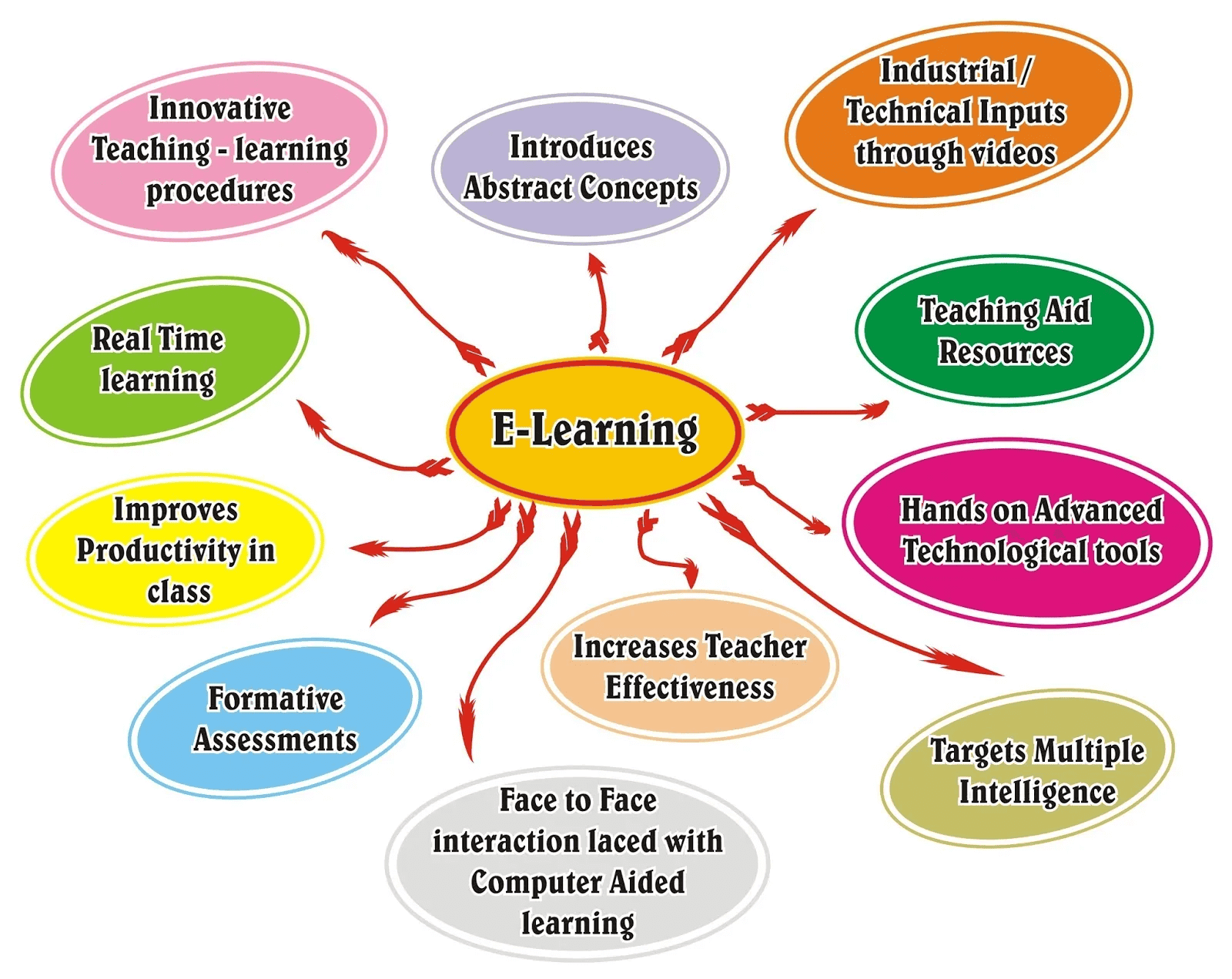
- Create a profile for your information product: Describe the benefits of your training and how it will help your audience achieve their desired results. Clearly outline the unique selling points and benefits of your course concisely and compellingly. You can create a simple diagram to visualize these points.
- Develop a promotion strategy: Explore various channels to attract traffic to your online course. Consider leveraging social networks, blogs, affiliate programs, conferences, and other relevant sources. Identify the platforms and methods that are most likely to reach your target audience effectively.
- Create an action plan for attracting and engaging your target audience: Formulate a plan to capture the attention of your desired audience and promote your information product. There are several proven strategies for promotion, which we can discuss in more detail below.
Deciding on the online course niche
When deciding on the niche for your online course, it's best to focus on a topic that you're knowledgeable and experienced in. If you don't have expertise in a particular area, consider inviting experts to contribute to your course. To determine your niche, ask yourself the following questions:
- What are you an expert in, or who do you know that has expertise in a specific area?
- How will your knowledge benefit people? What value can you provide?
- Who would find your skills and knowledge useful and relevant?
The answers to these questions will help you identify the topic of your course, determine your target audience, and guide you in developing the educational program. It's important to keep in mind that if you don't interest potential buyers, you won't be able to generate income from your course. Generally, simpler and more widely applicable topics tend to attract more buyers.

Once you have answered these questions, take action. Consider the challenges involved in organizing an online course. Let's discuss a few examples of different niches and the needs of the target audience:
- For new mothers, a training course on motherhood would be potentially easier to organize and likely to be purchased by a larger audience compared to a specialized course on glassblowing.
- In affiliate marketing, a popular topic aimed at beginners could be titled "How to Learn Affiliate Marketing." On the other hand, a niche course on affiliate marketing might focus on a specific aspect, like "Advanced Strategies for Effective Email Marketing." You could also consider organizing events, meetings, or conferences for affiliate marketers and invite industry professionals as guest speakers.
By considering these factors and examples, you can better determine your online course niche and tailor your content to meet the needs and interests of your target audience.
Choosing the training format
When deciding on the format, it's important to consider the benefits, the needs of your target audience, and your own capabilities. Let's revisit our previous examples to illustrate this:
For glassblowing training, it's best to focus on the practical aspect and offer in-person classes. This way, students can get hands-on experience and take home their own creations like vases or glass figurines.
On the other hand, the "mom's" online course is more popular and easier to organize due to its broad appeal. You can consider recording podcasts with a child psychologist or organizing conferences where moms can share their experiences. Video tutorials on topics like diaper changing or webinars discussing postpartum depression can also be effective for this audience.

In the affiliate marketing niche, online formats like videos, guides, and lessons work well because they are convenient for web users. You can also consider organizing events like conferences, meet-ups, or parties where affiliates can exchange knowledge and experiences.
The main goal in the affiliate marketing niche is to teach web users how to effectively handle traffic. Practical demonstrations are crucial, and online formats, conferences, and video lessons are ideal for achieving this. They provide convenience for affiliates to learn and, if desired, maintain anonymity or promote themselves by interacting with colleagues.
Online course questionnaire and how it helps promotion strategy
An online course questionnaire is a structured representation of your unique selling proposition (USP). Its purpose is to assist potential buyers in making an informed decision about whether to enroll in your online course. The questionnaire should make a positive impression, so here are some elements you can include:
- History of course creation: Share the story behind how your online course came to be. Talk about any unique experiences or perspectives that make your course special and worth considering.
- Catchy name: Come up with a memorable and attention-grabbing name for your online course. The name should accurately represent the content and appeal to your target audience, making it more enticing for them to enroll.
- Benefits and relevance of training: Clearly communicate the benefits that learners will gain from taking your online course. Explain how it will help them achieve their goals or address their needs. Show why your course is relevant and valuable to them.
- Differentiation from competitors: Highlight what makes your online course stand out from similar ones available in the market. Showcase unique features, teaching methods, or expertise that set your course apart and make it more appealing to potential learners.
It's also important to provide guarantees. Guarantees offer reassurance to both buyers and course creators in the online course industry. Consider offering a refund policy if learners don't achieve the desired results. This helps build trust and confidence among potential buyers.
By incorporating guarantees, choosing an attractive name, and emphasizing the benefits and relevance of your online course, you indirectly contribute to its promotion. Keep in mind that promoting an online course has its own unique strategies compared to promoting physical products.
Strategies and methods of promoting an online course
When it comes to promoting an online course, there are different strategies and methods you can use. The overall approach is to guide potential customers through a step-by-step process to make them aware of your course, generate interest, build trust, and ultimately sell it. Here are some specific methods that can help you achieve sales for your online course:
Newsletter sales strategy
Use email marketing tools to build a database of potential customers. You can offer a free bonus, such as a guide, trial lessons, or checklists, to encourage people to sign up. You can also invite them to webinars or conferences to engage with your course further.
Create excitement with a lead magnet
Incorporate gamification into your marketing strategy. Offer a smaller, more affordable product called a lead magnet, which leads to your main course. This can be an effective way to capture interest and sell multiple products that complement each other.
Funnel creation strategy
Structure your marketing process to guide potential customers through a series of steps without requiring personal involvement from you. Offer a valuable lead magnet that can only be accessed by providing their contact information. Then, use email campaigns to promote and sell your online course products.
Three-pillar approach
Focus on creating familiarity and trust with your online course before selling it. Drive traffic to webinars, conferences, master classes, or live training sessions where you provide valuable information. During these events, promote your main course through a landing page. This approach helps build a connection with potential customers and increases the chances of making sales.
Online coach strategy
If you offer coaching services, implement a strategy that emphasizes your personal brand. Get to know your target audience and offer free consultations or analyses. Then, progress to group consultations on your area of expertise. Finally, sell individual coaching sessions to interested clients.
Now that you have learned how to create and promote an online course from the beginning, you realize that creating a course is not any easier than promoting it. However, there is good news! By implementing the strategies mentioned earlier, you can simplify your work and increase your chances of success.
Now, let's move on to the next point: let's discuss the potential earnings from online courses.
How profitable can online courses be? – Showing proof from real case studies
We have figured out how to create, promote, and sell products. Now we will show you how profitable online courses can be by looking at real-life examples. These examples will demonstrate how much money can be made by investing in and selling educational products.
Case study #1
Let's explore a real-life situation in the beauty industry where a group of people worked together to promote an online master class on eyelash extensions from Lash Secrets Academy. Despite facing some challenges, like fixing mistakes made by their colleagues, they managed to make a cool $10,000 in profit. The class was originally priced at $55.
When they looked into what went well and what didn't, they found a few issues. There were problems with their targeting settings, a tight budget for ads, and some concerns with their ad creatives. The master class was supposed to be for English speakers, but their ads were targeted broadly, reaching everyone, and wasting their budget. Nevertheless, they tackled these problems and made some improvements.

After addressing these issues, they set up three types of ad creatives across multiple stages of their marketing funnel. The first set of ads focused on teaching participants how to maintain extended eyelashes for up to 8 weeks, highlighting the potential for above-average earnings as a lash maker, and showcasing reviews of satisfied students.
For the second and third stages of the funnel, they used retargeting strategies, offering discounts and a free guide from the course author. At the third stage, the retargeting campaign included an even greater discount. They targeted English-speaking geos, including Europe, the USA, Canada, Australia, and New Zealand.
Below are their results:
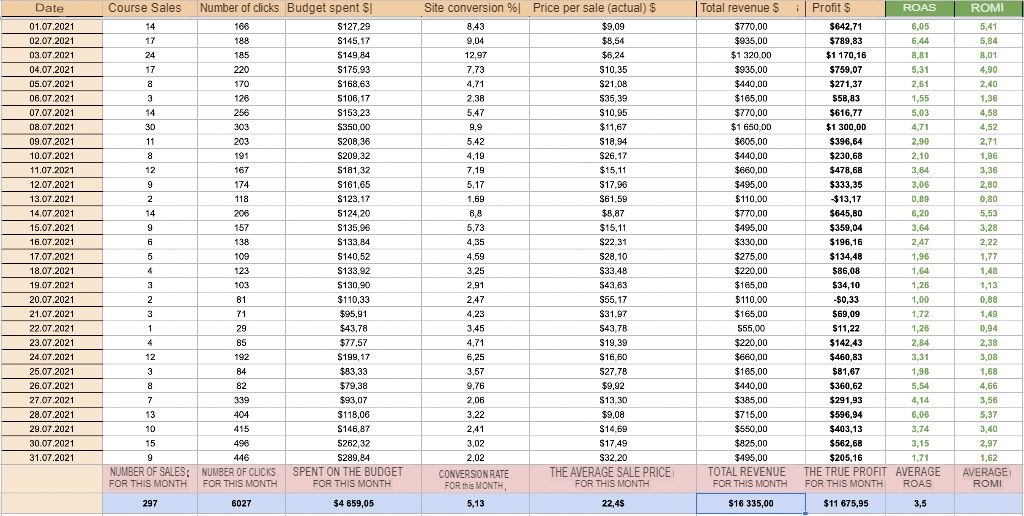
Case study #2
This case is a great example of successfully promoting a course that teaches people how to make professional-quality videos using just their smartphones. Here's what happened: 500,000 people signed up for the course, and more than 4,000 actually completed it. The creators of the course made over $1,500,000 in profits from the sales.
The advertising budget was $430,000. The ROAS was 350% and the cost per registration was $0.86.
The team made use of all the advertising formats that were available to them, such as stories, banners, and videos. In addition, they consistently experimented with new ideas and approaches to keep their content fresh and engaging. Whenever they noticed a decrease in ad creative performance, they promptly made changes to improve the ROI.
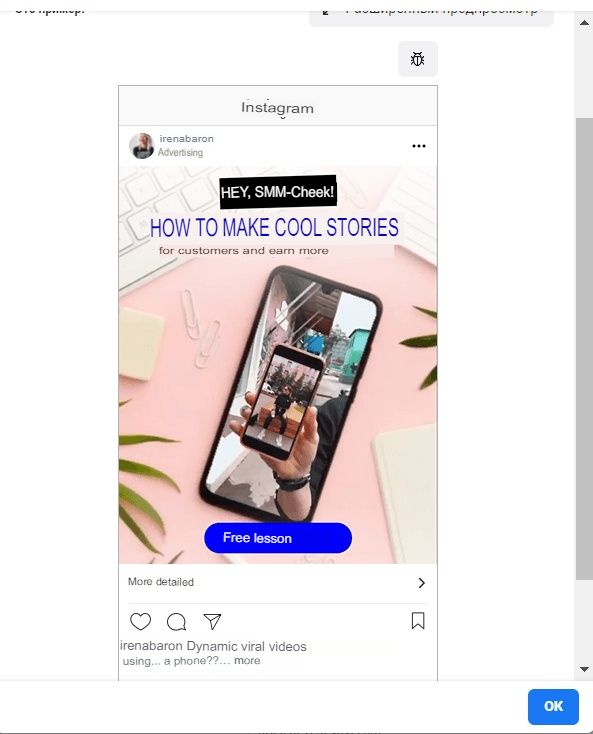
They also promoted free content from the course author and used retargeting to increase the return on investment (ROI):

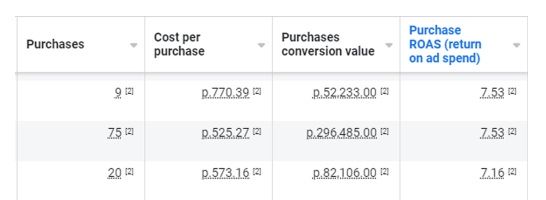
In the English-speaking geos, the ROI was twice as high for the best campaign:
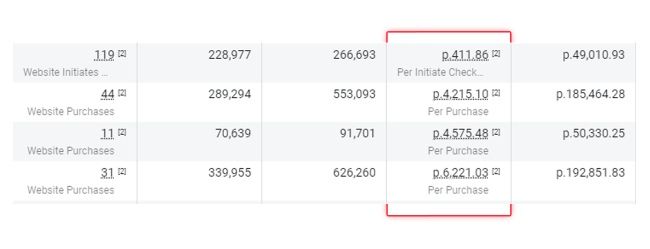
Ads that created a sense of urgency, like "Two days left before prices go up!" performed exceptionally well.
What are e-learning affiliate programs and how to make money from them?
Online learning affiliate programs are a way for you to earn money by promoting and selling online courses and other educational products. It's a part of a marketing industry called affiliate marketing, where you get a commission for referring customers to a product or service.
To get started with education affiliate programs, individuals can sign up with affiliate networks like ClickBank, JVzoo, or Digistore24. These networks provide a platform for affiliates to access information products that can be promoted. The great thing is that they even offer ready-made promotional materials to make the job easier.
Now, let's talk about how you actually make money from these programs. As an affiliate, your job is to advertise online courses, webinars, or conferences through different online channels. When someone clicks on your special affiliate link and makes a purchase, you earn a commission based on the sales of the online course.
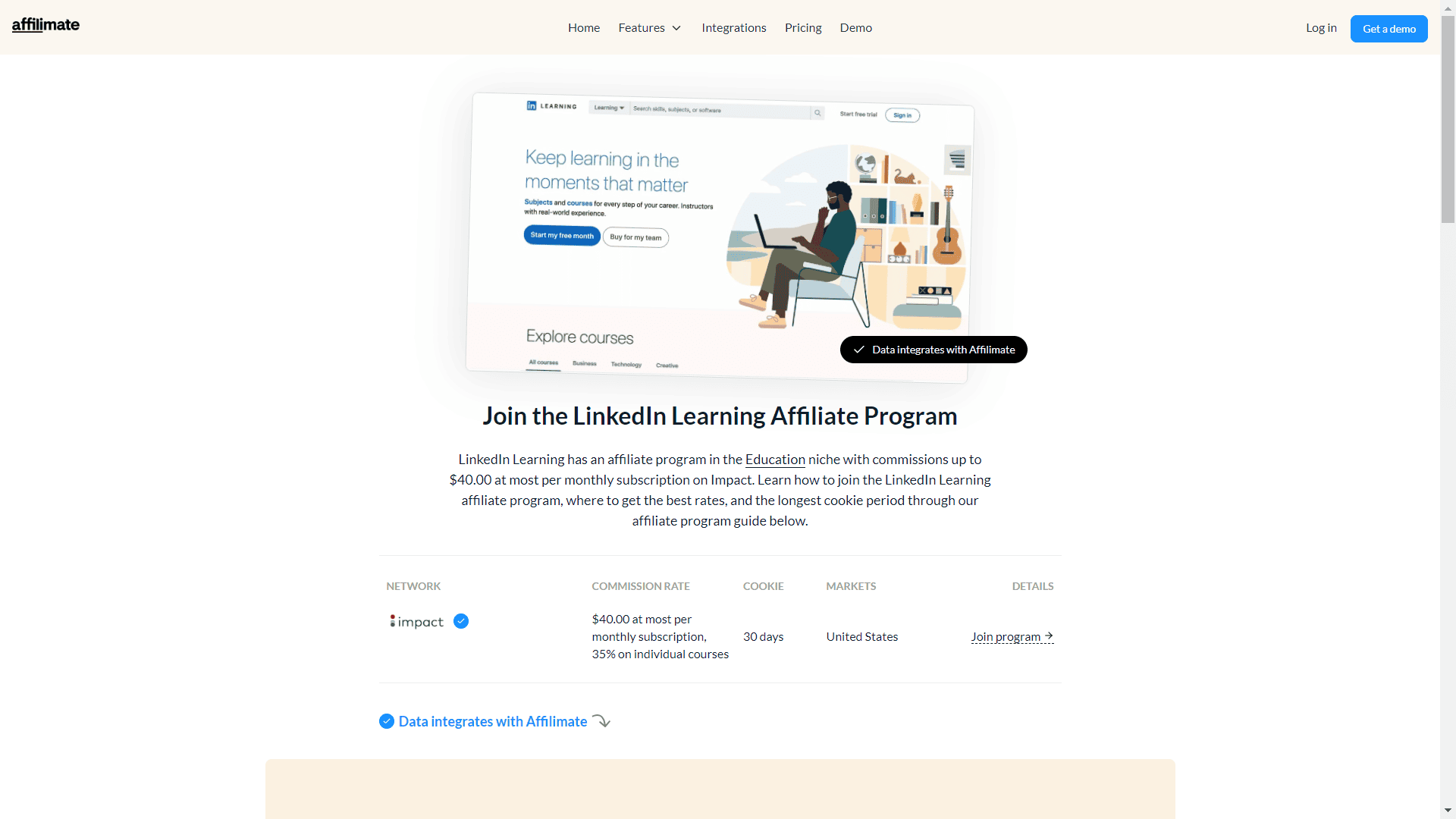
The commission percentage can vary, but sometimes you can earn up to 30% of the profits from the course. The best part is that you don't have to create the course yourself. You're simply promoting and selling a course that someone else has created, and you still get a share of the profits. It can be a pretty profitable venture if you do it right!
When choosing an affiliate program, it's important to make sure the information product you'll be promoting is of high quality. You can do this by researching and reading reviews about the course, reaching out to the course creator, and even asking others about their experiences. It's crucial to verify the credibility of the course and the reputation of the author.
Also, it's a good idea to review the terms and conditions of the affiliate program and the resources associated with it. Check if the commission rates are fair and transparent and if there are any issues with payments or hidden conditions. It's important to work with reliable and trustworthy affiliate programs.
Once you've done your research and everything looks good, you can start promoting the online course and earning money through the affiliate program. It's a great way to make money online while helping others find valuable educational resources.
Conclusion
Creating a high-quality information product is not easy, but it can be very profitable. There are two main options you can choose: you can either sell your knowledge and expertise in a subject you're familiar with, or you can promote other people's courses and guides as an affiliate.
Creating and selling your online course can be challenging but rewarding. It's important to make sure you only promote honest and legitimate courses and avoid scams that can damage your reputation.
When selling your courses, it's a good strategy to start by offering free products or resources to build trust with your audience. Once they trust you, you can then introduce and sell your paid course.
There are proven strategies for promoting online courses and their products from scratch. It's a good idea to explore these strategies and find the ones that work best for your format and target audience. If you're having trouble promoting your course, another option is to join affiliate programs. This allows you to earn passive income by promoting and selling other people's online courses.





